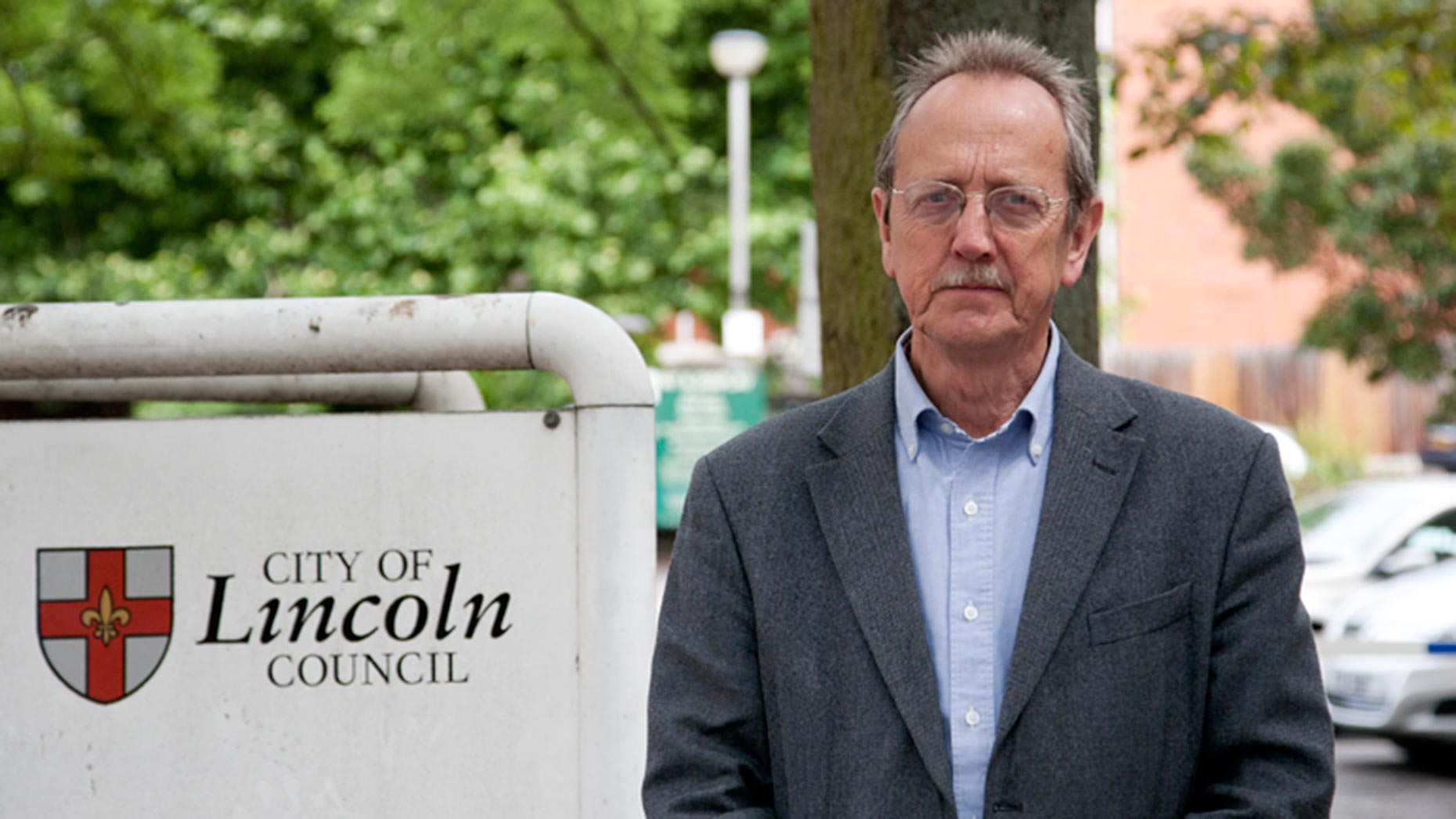The Tory euphoria since last week’s elections might lead you to think that they had won the general election by a great landslide. In fact they have a small 12 seat overall majority following a net gain of just 24 seats and a 36.9% share of the vote (about 25% of the total electorate) representing an increase of only 0.8% increase in their share of the popular vote compared with 2010.
This is not the resounding vote of confidence being claimed by some.
The Labour Party had a net loss of 26 seats and a 30.4% share of the vote but increased their share of the popular vote by 1.5% compared with 2010. A very disappointing result for Labour.
The reasons for the Labour Party’s poor performance are not hard to see. Firstly, the rise of Scottish nationalism and the catastrophic loss of nearly 50 seats held by Labour in Scotland, combined with the success the Tories had during the campaign of invoking fear of a minority Labour government being unduly beholden to the SNP in the British parliament.
Secondly, the collapse of support for the Liberal Democrats, with most of their seats going back to the Tories who ruthlessly targeted Liberal Democrat seats.
Thirdly, the Tories successful campaign to misrepresent Labour’s record in office prior to 2010 and denigrate Ed Miliband with a series of highly personalised attacks probably unprecedented in British political history.
Public memory tends to be relatively short, which may explain, rather surprisingly, that enough of the electorate have placed their trust in the Tories again.
In the 2010 election, David Cameron made six key promises, including “no cuts to front line services”, “no plans to raise VAT”, “no means testing of child benefit”, “no more top down re-organisations of the NHS”, “no plans to abolish the Education Maintenance Allowance”, and “full backing for Sure Start”. None of these promises were kept.
Having said all of that, Labour this time round was clearly not sufficiently effective in getting its positive messages across to the electorate about a credible alternative economic strategy, the case for a fairer Britain and a strong public sector to address market failure, and its plans to provide decent well paid and secure employment and affordable homes.
There was some cheer for Labour in the local elections held on the same day. We maintained our 27 to 6 majority of city council seats over the Conservatives. We think this is because we are seen as a competent and trustworthy council by our local electorate, with the right priorities for improving the life of people in Lincoln.
Councillor Martin Hill, leader of the county council, is right about one thing which is that local government has taken a disproportionate share of the reductions in public spending, and there will be more to come when Osborne introduces another “emergency budget” in the next few weeks.
Where Councillor Hill and I part company is in his willingness to countenance further reductions in council spending, when the county council has already sought to savage our library service and has now put out all heritage and cultural services including Lincoln Castle, recently refurbished at public expense, to the private sector.
Of course local councils should continue to become more efficient, we have been doing this for many years under successive governments, but there is a limit. People will need their local council, more than ever in hard times, and these are hard times for many people, however much the Tories may try to persuade you otherwise.
You will hear in the next few months some wildly exaggerated claims about the savings that would result from doing away with all the district councils in Lincolnshire and replacing them with one unitary county council.
I suggest the county council stops wasting public money in preparing the case for this preposterous suggestion because neither democratically elected district councils in Lincolnshire will support it and more importantly nor will their electors.






